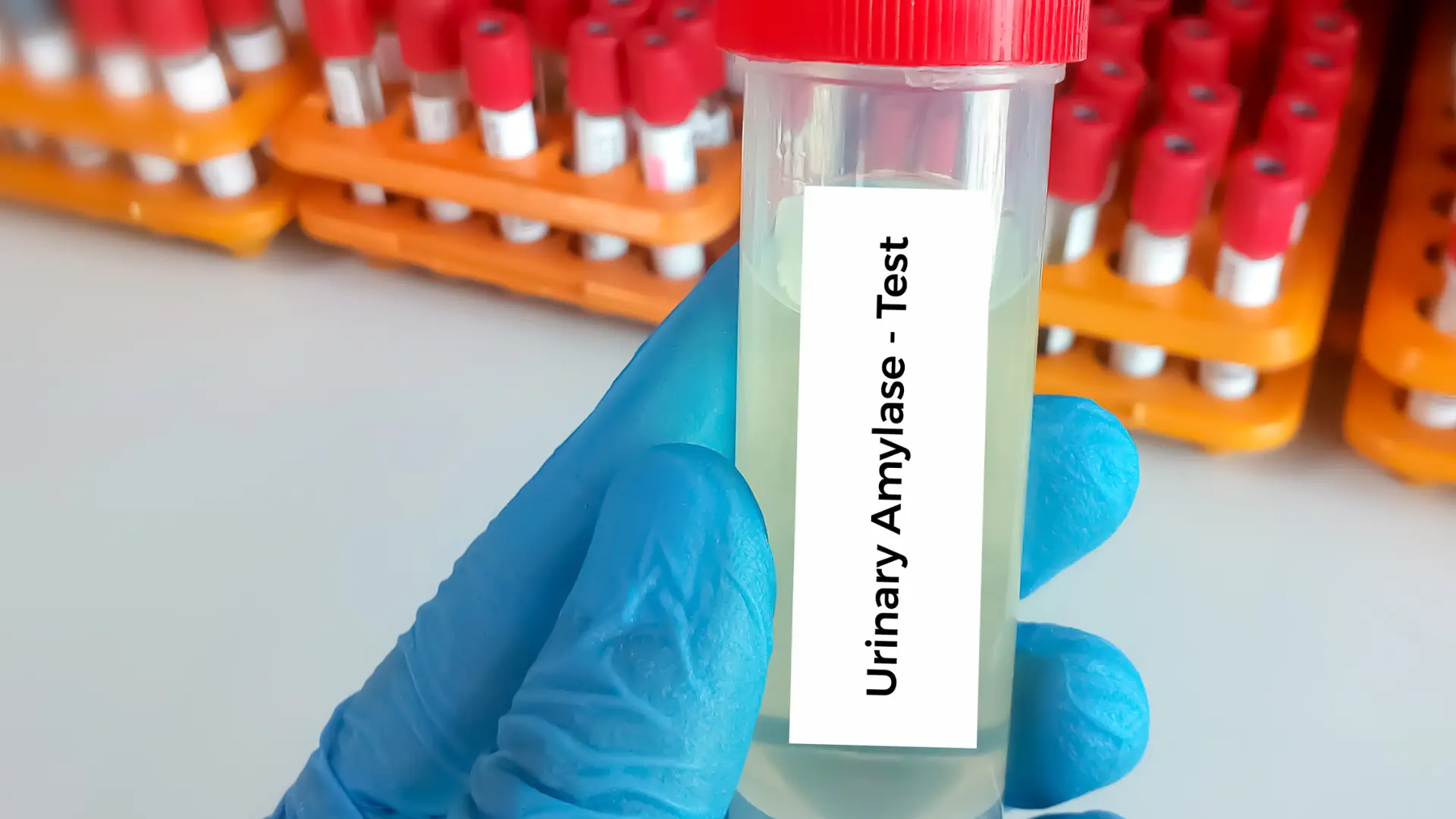
The Amylase test measures the levels of amylase, an enzyme that helps break down carbohydrates, in your blood (serum) and urine. This test is crucial for evaluating pancreatic function and diagnosing conditions related to the digestive system.
What Is Amylase? 🔍
Amylase is produced primarily by the pancreas and salivary glands. It plays a vital role in digestion by breaking down starches into simple sugars. Abnormal levels of amylase in the blood or urine can indicate issues with the pancreas or other parts of the digestive system.
Why Are Serum and Urine Amylase Tests Important? 🤔
Doctors may recommend these tests for:
What Can These Tests Reveal? 👀
The combination of serum and urine tests helps provide a more complete picture of amylase activity, as amylase levels in the blood and urine may change at different rates.
A Simple Test for Complex Digestive Insights 💡
The Amylase test is quick and non-invasive, offering valuable information about your pancreas and digestive system. Early detection of abnormalities can guide timely treatment and prevent complications.
Monitor your digestive health—book your appointment today for a Serum and Urine Amylase test.
DISCLAIMER: The information presented on this page has been intentionally condensed and simplified to make it accessible and easier to understand for the general audience. Its purpose is solely to provide basic awareness and education on the topic discussed. It is important to note that this content is not exhaustive and does not replace or serve as a substitute for professional medical advice, diagnosis, or treatment. Readers are strongly advised to seek consultations with qualified healthcare professionals or specialists for accurate assessment, personalized guidance, and appropriate medical care. Relying solely on the information provided here, without professional oversight, may lead to misunderstandings or inadequate treatment.
Privacy policy
Copyright ©2025 Klinika Kajo. Designed By Vizional